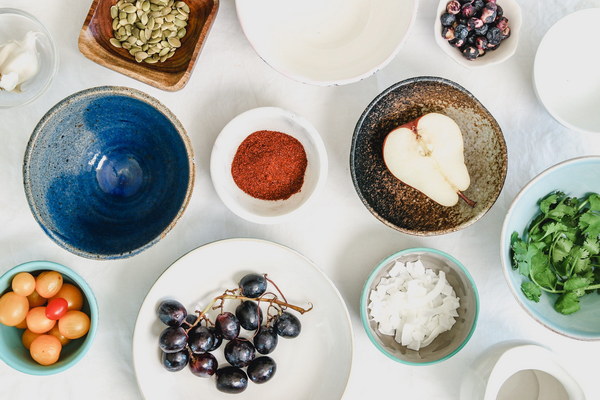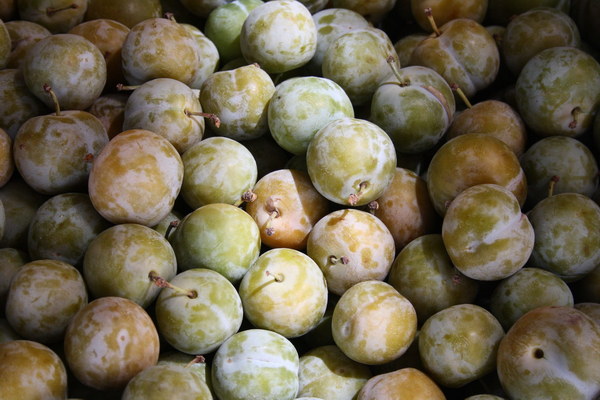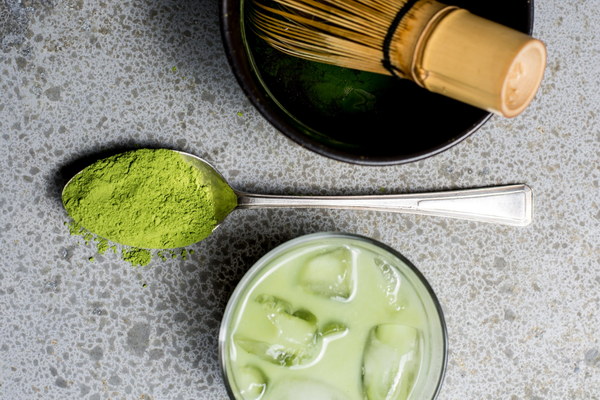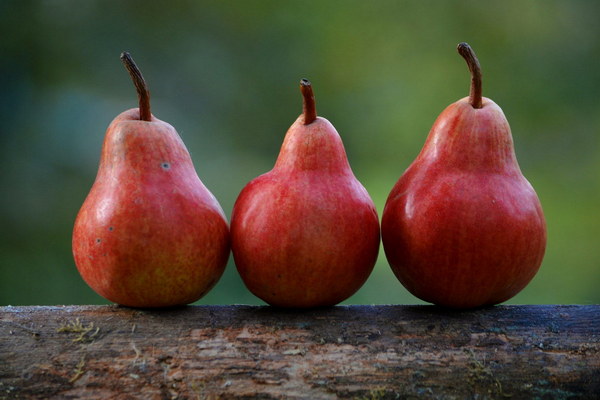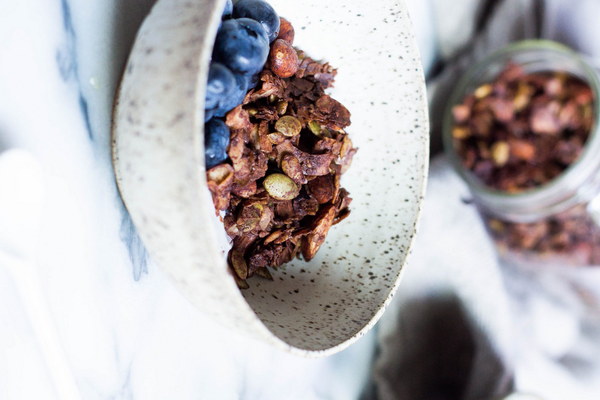Nourishing the Feminine A Guide to Traditional Chinese Women's Tonics and Nutrition
A Guide to Traditional Chinese Women's Tonics and Nutrition
In the realm of holistic health, traditional Chinese medicine (TCM) offers a wealth of wisdom when it comes to women's health and well-being. Central to this philosophy is the concept of tonics, or tonics and nutrition, which aims to balance the body's internal energies and promote vitality. For women, these tonics and nutritional practices can be particularly beneficial, addressing both common issues and the unique needs of the female body. Let's delve into the world of traditional Chinese women's tonics and nutrition.
Understanding Yin and Yang
In TCM, the concept of Yin and Yang is foundational. Yin represents the feminine, passive, and cooling aspects, while Yang symbolizes the masculine, active, and warming aspects. Women are often associated with Yin energy, which is thought to be more internal and nurturing. To maintain health and harmony, it's essential to balance Yin and Yang energies within the body.

Common Women's Health Concerns and Tonics
1. Menstrual Disorders: TCM offers various tonics to alleviate menstrual cramps, irregular periods, and heavy bleeding. These may include herbal formulas like Angelica Sinensis (Danggui) and Chuanxiong (Ligusticum Chuanxiong), known for their blood-moving properties.
2. Menopause: As women transition through menopause, TCM tonics can help manage symptoms such as hot flashes, mood swings, and night sweats. Ingredients like Rehmannia (Shu Di Huang) and Peony (Mu Dan Pi) are often included in formulas to nourish Yin and alleviate menopausal discomfort.
3. Fertility Issues: For those struggling with fertility, TCM tonics can help regulate hormones, improve egg quality, and enhance ovulation. Herbs like Epimedium (Yin Yang Huo) and Dang Shen (Codonopsis) are commonly used to boost Yang and nourish Qi (vital energy).
4. Immune System Support: Women often face immune-related issues, such as frequent infections or colds. TCM tonics, like Astragalus (Huang Qi) and Ginseng (Ren Shen), can strengthen the immune system and promote overall health.
Nutritional Practices for Women
1. Balanced Diet: A well-balanced diet is crucial for women's health. TCM emphasizes the importance of including a variety of nutrients, such as proteins, carbohydrates, fats, vitamins, and minerals. Foods like black beans, sweet potatoes, and nuts are considered to be beneficial for women.
2. Herbal Teas: Herbal teas are a popular way to incorporate tonifying ingredients into one's daily routine. Examples include Chrysanthemum (Ju Hua) tea for cooling the body and nourishing the liver, and Green Tea (Lu Cha) for boosting metabolism and promoting digestion.
3. Acupuncture and Moxibustion: These ancient practices can help balance the body's energy and address specific health concerns. Acupuncture involves inserting fine needles into specific points on the body, while moxibustion involves burning moxa (a substance made from dried mugwort) near the skin's surface.
4. Exercise and Stress Management: Regular exercise, such as walking, tai chi, or yoga, can help maintain a healthy weight, improve mood, and reduce stress. Stress management techniques, such as meditation and deep breathing exercises, can also support women's overall well-being.
Conclusion
Traditional Chinese tonics and nutrition offer a holistic approach to women's health, addressing both physical and emotional well-being. By balancing Yin and Yang energies, and incorporating a variety of tonifying herbs, foods, and practices, women can nurture their bodies and promote longevity. While TCM should not replace conventional medical treatment, it can be a valuable complement to a woman's healthcare regimen. Embracing these ancient wisdoms can lead to a more vibrant, balanced, and harmonious life.
